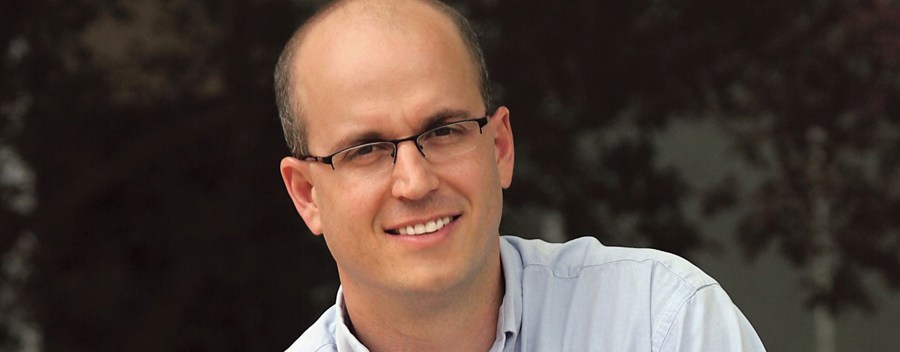
The New York Times sought Borden's advice on Trump's tax returns
When the New York Times needed a tax expert to discuss Donald Trump’s tax returns last fall, they looked to Professor Bradley Borden, who served as an adviser on several high-profile articles about Trump’s taxes over the following months. In addition to teaching a range of tax courses at the Law School—Federal Income Taxation, Partnership Taxation, Taxation of Real Estate Transactions, and Unincorporated Business Organizations—he continues to be a prolific author of casebooks. His most recent work includes: Law and Transactional Planning for LLCs and Partnerships (Aspen Publishers, in progress); Taxation and Business Planning of Partnerships and LLCs (Aspen Publishers); Taxation and Business Planning for Real Estate Transactions (2nd Ed., Carolina Academic Press); and co-authoring Federal Income Taxation: Cases and Materials (7th Ed., Foundation Press).
His other scholarly work published in a variety of journals focuses on taking a quantitative approach to analyzing taxpayer and tax advisor behavior. In an article, “Expected-Cost Analysis as a Tool for Optimizing Tax Planning and Reporting,” for Real Estate Taxation, he addresses the potential costs to the taxpayer of three different tax positions: treating all gain as ordinary income and paying tax at ordinary income rates; treating all gain as long-term capital gain and paying tax at that rate; and structuring the conversion and disposition of the property so that part of the gain qualifies for favorable long-term capital gains rates and the remainder gets taxed at ordinary rates. In an article in Real Estate Finance, “Equity Structure of Noncorporate Entities,” Borden addresses strategies that are becoming prevalent amid real estate and equity funds that may not be fully understood even by those who use them. For instance, the use of XIRR to compute hurdles in distribution waterfalls appears to be a simplifying innovation, but, as Borden illustrates, the function might create some unintended consequences and leave room for some game playing.
Following the themes of his recent scholarly work, he is currently working on a project that considers the application of traditional partnership tax rules to new innovative partnership structures and how quantitative analyses can inform our understanding of tax law’s penalty regime and taxpayer decision making. He is also working with Professor Steven Dean to create and implement an innovative classroom design that incorporates “client files” that help students study the law in virtual practice settings.